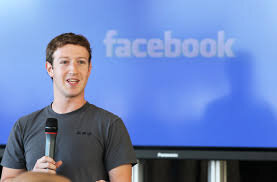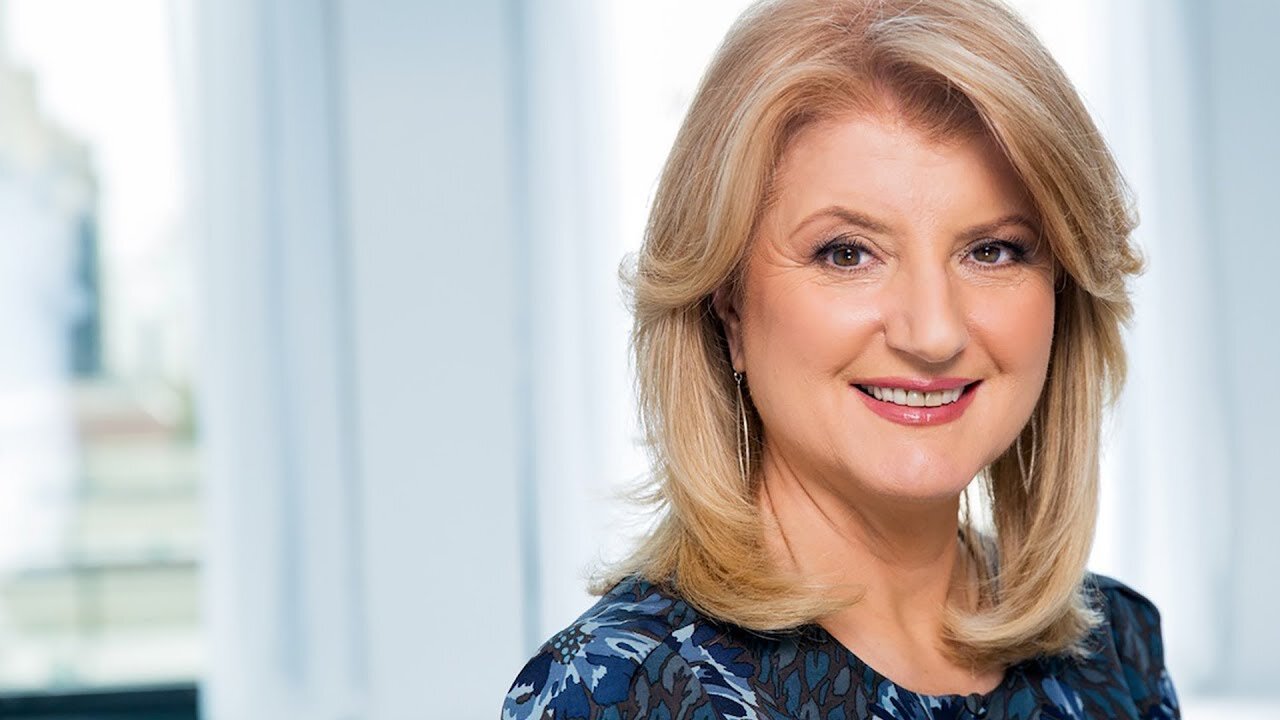Women do need to man up and stop using the word 'just'
Entrepreneur Josephine Fairley throws her weight behind the idea that women need to stop using the word 'just' in order to soften their requests. And, while she's at it, 'pretty please' has got to go too
‘Just’, it seems, has just been declared the new four-letter word, as far as women are concerned. An article by Ellen Leanse, a former Google executive, laying into the use of the word, has caused something of a social media firestorm.
She’d noticed (during her time at a Silicon Valley start-up called Eastwick) that in emails, conversations and even in meetings, women’s use of the word ‘just’ outweighed that of male colleagues (by her albeit unscientific, un-peer-reviewed calculation, around three to four times as many). ‘I just wanted to check in on…’ ‘Just seeing if you’d decided between…’ I’m just following up on…’
As she put it: ‘It hit me that there was something about the word I didn’t like. It was a “permission” word – a warm-up to a request, an apology for interrupting, a shy knock on the door before asking: “Can I get something I need from you?”’ Male colleagues – um – just didn’t seem to feel the need to use it, it seems, and yet Leanse realised she was guilty of it herself. She fired off a memo about the ‘J’ word, suggesting a ban – and her team bought into the idea.
I’ve got my own history with ‘just’. It was a word I learned to dread: a manager of a bakery I used to own used to call up regularly and preface various gloomy pronouncements with the words: ‘I just wanted you to know…’ At this point I knew to expect a) a leaking roof, b) a broken oven, c) someone not turning up for work. By word three, my heart would have sunk already. So I agree: it’s a tiptoe-y sort of word; for the user, it’s probably the linguistic equivalent of putting on a tin helmet - something you use when (as Leanse points out) you’re probably a bit worried about how the other person will respond.
Personally I agree with Leanse, though, that we all need to ‘man up’ - enough ‘just sayin’, already. Life is short: directness really, really speed things up – and is often appreciated more than you’d think. In a similar vein, I’m completely over having the type of meetings where the first 50 minutes are spent ‘just chatting’ - about someone’s holiday, what they’re wearing, industry gossip, before (in the meeting’s dying moments) the important business you gathered to discuss is finally aired. At the start of meetings, now, I lay my cards on the table: what we’re all hoping to achieve from this. It focuses everyone. If there’s time for small-talk at the end, great.
This is all about awareness – noticing what we say, and do. Nobody says it’s a piece of cake, but as Leanse and her colleagues observed: once the issue had been identified, and aired, everyone made a concerted effort to stop using the ‘J-word’ – and it worked. ‘Over time, our frequency diminished. And as it did, we felt a change in our communication – even our confidence. We didn’t dilute our messages with a word that weakened them…’
I’ve got my own version of ‘just’ – and it’s pretty shameful. ‘Pretty-please’. I mean, c’mon – am I REALLY using this, now I think about it? But – ironically – a simple ‘please’ can come somehow across as all shouty capitals, even when it’s not. Adding a ‘pretty’ softens it just the way ‘just’ does – but I hereby vow to quit, right now, and create the equivalent of a ‘pretty-please’ swear-box, with the proceeds going to some good cause. (‘I’d be grateful if you could…’ also gets lumped alongside ‘please’, too: it translates as ‘I’ve noticed that you haven’t done X and would you bloody get on with it?’) Reality check: there’s nothing wrong with ‘please’, on its own, as an expression of politeness – and it’s genuinely sad that’s been tarnished somewhat.
What words should women be adding to our lexicon, though? I’m big on ‘thanks’ (indeed I have penned a whole column on it): way under-used. This is not ‘thanks’ as in ‘thanks-though-I-really-mean-please’; this is the genuinely grateful ‘thanks’, particularly when applied to colleagues who’ve done you a favour, or someone who’s excelled.
And while it’s not a word, I’m big on clarity about timings/deadlines. ‘I want it NOW’ is obviously to be avoided (file under: ‘mad ranting’, though I’m sure we’ve all been there) – but one of the biggest miscommunications is about when a task needs to be completed. If someone doesn’t tell you, ask. If you’re asking someone else, tell them when you need something by (always allowing at least a little margin of safety, of course). Then put it in writing. And if you have to chase, do not start your e-mail with ‘Just wondering when…’
The No.1 word that women all need to use more often, though, is quite simply ‘No’. ‘N-O’. ‘Nooooo.’ ‘Nah’. ‘No way’. I could write an entire column about this (I ‘just’ might – hah!), but the bottom line is that most of us end up with way too big a workload, an over-full diary and generally too many commitments from a simple inability to say one this simple two-letter word. I don't find it easy, but I’ve trained myself. The best and most succinct run-down of why saying ‘yes’ all the time is a bad idea came from the website of a man who bills himself as ‘Your Virtual Mentor’ (michaelhyatt.com), and it made a lasting impact. Quite simply, as he explains, if we don’t get better at saying ‘no’, 1) other people’s priorities will take precedence over ours; 2) mere acquaintances – people we barely know – will crowd out time with family and close friends; 3) we will not have the time we need for rest and recovery; 4) we will end up feeling frustrated and stressed; 5) we won’t be able to say ‘yes’ to the really important things. (See also: crowding out time with friends and family, above.)
So I wonder: which words would you like to see used more in the workplace? Let me know via @telewonderwomen on Twitter or in the comments below. But meanwhile, shall we all accept that from here on in, the only people allowed to use ‘Just’ are Nike?
Because its brand folk would really have a problem ditching it from the company’s vocabulary…









